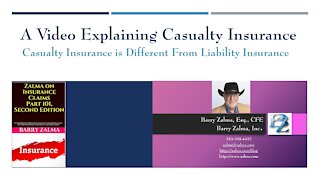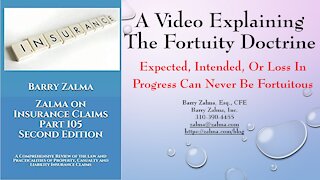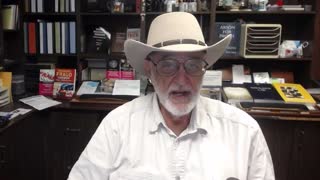Premium Only Content

A Video Explaining an Insurer’s Dispute or Denial of a Claim
Dispute or Denial of a Claim
Before an insurer is able to dispute or reject a claim presented by its insured, it is required to thoroughly investigate the claim to prove that the loss is one specifically excluded from coverage. The Supreme Court of California explained the obligation of the insurer, noting that while the task of “distinguishing fraudulent from legitimate claims may occasionally be difficult for insurers,” an insurer cannot in good faith deny liability under the policy “without thoroughly investigating the foundation for its denial.” [Egan v. Mutual of Omaha, 24 Cal. 3d. 809, 157 Cal. Rptr. 482 (1979)].
In first party cases, the implied covenant of good faith and fair dealing obligates the insurer to make a thorough investigation of the insured’s claim for benefits. It is improper for a first party insurer to unreasonably delay or withhold payment of benefits. If the insurer “without proper cause” (i.e., unreasonably) refuses to timely pay what is due under the contract, its conduct is actionable as a tort.
Insurers are obligated to find some means to pay for a loss rather than finding a means to avoid payment. An adjuster must work to justify paying every loss that can be brought within the coverage by a thorough investigation, even if that means is contrary to the insurer’s own financial interest. If the adjuster does not conduct such an investigation with that intent, the insurer opens itself to charges of breach of the covenant of good faith and fair dealing and an assessment of punitive damages. A thorough investigation seeks to avoid unnecessary litigation and prevent payment of losses for which there is no coverage.
-
 8:36
8:36
Barry Zalma, Inc. on Insurance Law
1 year agoZalma's Insurance Fraud Letter - January 15, 2024
279 -
 16:42
16:42
Barry Zalma, Inc. on Insurance Law
4 years agoA Video Explaining Casualty Insurance
78 -
 21:18
21:18
Barry Zalma, Inc. on Insurance Law
4 years agoA Video Explaining The Fortuity Doctrine
29 -
 16:33
16:33
Barry Zalma, Inc. on Insurance Law
4 years agoA Video Explaining the Unethical Insured
16 -
 16:17
16:17
Barry Zalma, Inc. on Insurance Law
4 years agoA Video Explaining the Concurrent Cause Doctrine
47 -
 15:24
15:24
Barry Zalma, Inc. on Insurance Law
4 years agoA Video Explaining the Claims Made CGL
57 -
 17:29
17:29
Barry Zalma, Inc. on Insurance Law
4 years agoA Video Explaining the Nature of Insurance Underwriting
36 -
 15:19
15:19
Barry Zalma, Inc. on Insurance Law
4 years agoA Video Explaining the Need for Construction Experts
53 -
 17:16
17:16
Barry Zalma, Inc. on Insurance Law
4 years agoA Video Explaining the Evidence Needed to Prove Fraud
407 -
 13:28
13:28
Barry Zalma, Inc. on Insurance Law
4 years agoA Video Explaining How a Claims Person Should Select Counsel
17